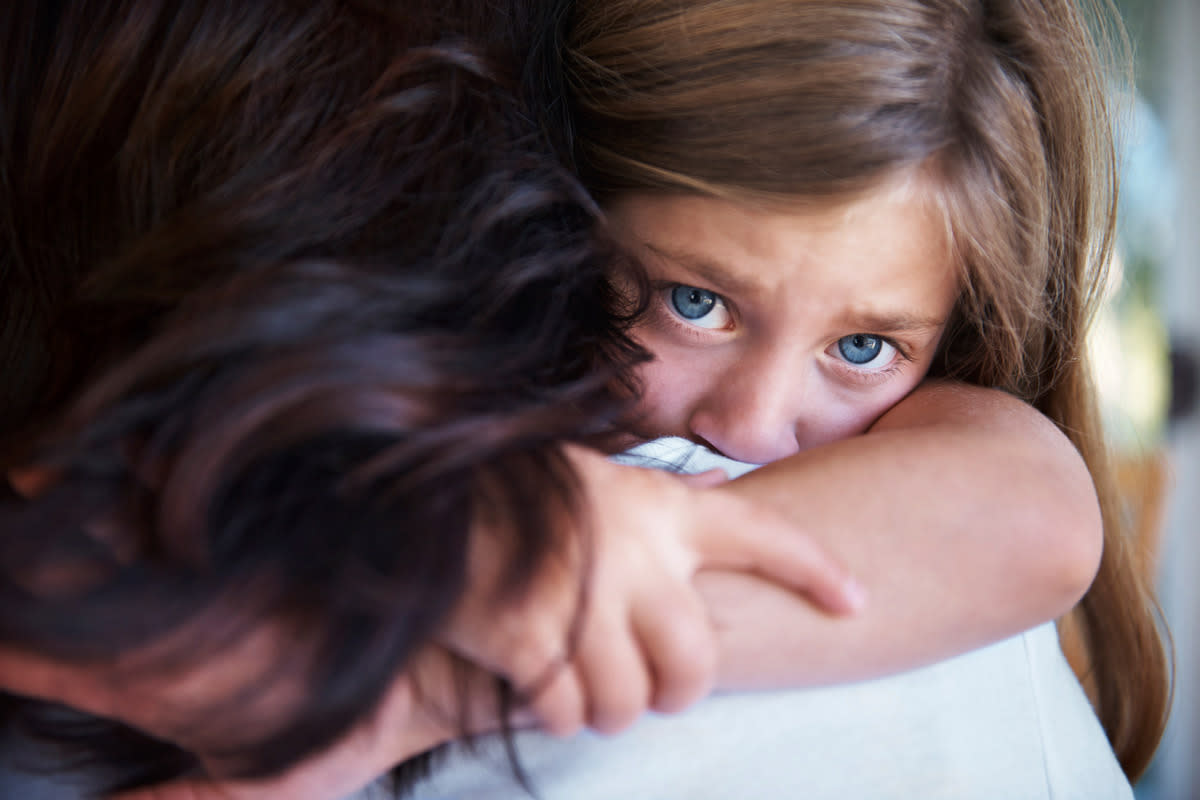Are Children Without Both Parents Destined to Have Mental Health Issues?

A new study has found that children brought up by single parents and in step-families are more likely to suffer from mental health problems than kids living with both parents who identify themselves as the child’s “natural parents.”
In the Millennium Cohort Study, University College London researchers investigated the mental health of 10,448 11-year-olds in the U.K. The findings showed that kids growing up with two natural parents had the lowest level of “total difficulties” (including emotional problems, conduct problems, hyperactivity, and peer problems), at 12 percent. Among kids in “lone” or single-parent households, 28 percent had difficulties in these areas, and children in “blended” or step-families had a 26 percent rate of the same difficulties.
STORY: Parents ‘In Denial’ About Teens’ Depression and Anxiety
Family physician and parenting expert Dr. Deborah Gilboa tells Yahoo Parenting that when looking at this study it’s important to clarify that mental health issues are not caused by instability in the family. “Mental health is somewhat environmental and somewhat genetic, and it plays a huge role in the makeup of families,” she says. While she agrees with the study showing that kids who grow up in certain types of homes may have more mental health issues, she stresses that “it’s an association, not a cause.”
Of course some families will always be single-parent-led, and other families are much healthier after parents separate and go solo or find more suitable partners for a stepfamily. Gilboa says there’s no reason for these families to panic about their kids’ mental health. In fact, she notes, the study is good news because it creates awareness. “It’s important to be cognizant of the dangers so that you can be on the lookout for problems early on,” she says. “That way, if you see any signs of trouble, you can grab all the resources you and your child need — financially, psychologically, educationally — as soon as possible. Early intervention makes a huge difference in mental health.”
STORY: Why Parents Misjudge How Happy Their Kids Are
Gilboa adds that when there is a shift in family makeup — a divorce or a new step-parent, for example — parents should alert the people in their children’s lives about the change. “It’s important to share big changes with teachers, coaches, and pediatricians,” she says, acknowledging that there is sometimes shame around these issues, but that shifts like these should be treated as “part of your child’s medical and educational history” so that people can help identify any signs of distress in your child.
The main benefit of a study like this, Gilboa says, is that it makes more people aware of the fact that kids are affected by their family makeup. “We know to look to make sure these kids are okay,” she says. “And if they’re not, we know to get them help to thrive.”
(Top Photo: iStock)
Please follow @YahooParenting on Facebook, Twitter, Instagram, and Pinterest. Have an interesting story to share about your family? Email us at YParenting (at) Yahoo.com.

